Inter-hospital communication, fast and reliable patient-centred information exchange
Category: Follow-Up and End-of-Life Care
The problem identified
Thoracic surgical services in the West of Scotland centralised to the Golden Jubilee National Hospital (GJNH) in Clydebank, this included concentration of thoracic surgical services for lung cancer patients. This service reorganisation presented new challenges regarding communication between the RegionalTreatment Centre and NHS Lanarkshire as a service user.
The intervention made to change the problem
The lung cancer specialist nursing team from NHSL and the thoracic specialist
nurses at the regional centre identified that the communication process was on occasion
suboptimal for a variety of factors. Therefore, a shared care information transfer form was
developed, that is transmitted electronically from specialist nurse to specialist nurse.
How it changed my practice
This has changed practise by enhancing communication between the regional centre and local multi-disciplinary teams supporting a timely process to ensure appropriate patient pathways are adhered to.
It also ensures that post-surgical patients are discussed at the local lung cancer MDT in an appropriate time frame to ensure access to adjuvant treatment is met.
The thoracic specialist nurse aims to visit patients 4-8 days post discharge. The visit focuses on aspects such pain control, bowel function, sleep pattern, exercise tolerance, appetite and wound assessment. Pathology results are discussed with the patient and discussion regarding future treatment and follow up takes place.
Relevant information from the home visit is included within the proforma and sent to the
local CNS.
The overall aim with the change to practise ensures the maintenance of:
- Communication being carried out within 24 hours of patient discharge
- Clinical usefulness
- Improvement with communication
- Timeliness of information exchange
This service improvement and change to practise fulfils the key component roles of the CNS
and their impact as suggested in key documents: Excellence in cancer care, the impact of the
CNS, NHS NCAT 2010.
The tool is evidence based with regards to reliability, effectiveness and complies in the secure transfer of identifiable patient data, as the tool is sent password protected.
Since the introduction of the initiative, it is our perception that patient care and patient
experience of care has improved as a result of better interpersonal links between the specialist nurse teams in NHS Lanarkshire and the Regional Thoracic Centre.
References
1. Excellence in Cancer Care, the Impact of the CNS, NHS NCAT 2010.
2. BTS guidelines on the radical management of patients with lung cancer; Oct 2010.
3. NHS Scotland Better Together: Patient Experience Programme; 2009.
